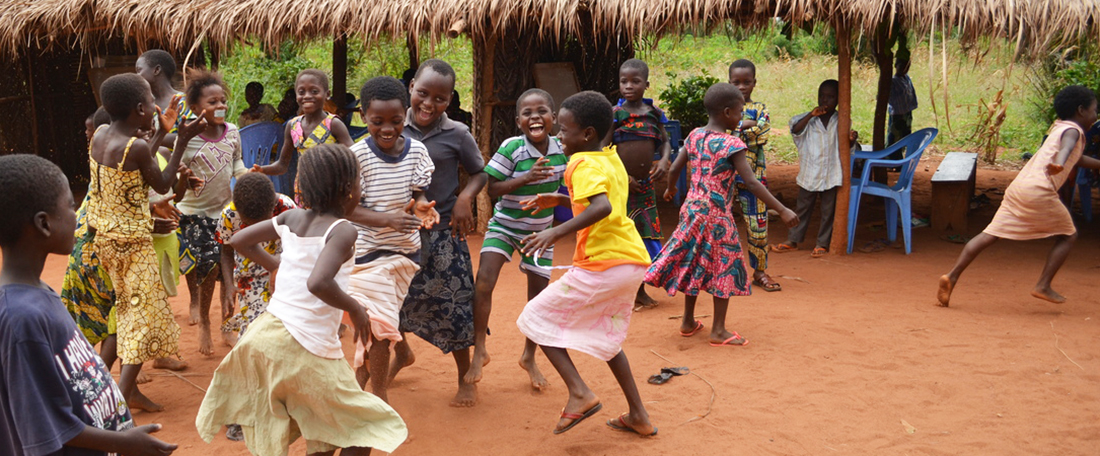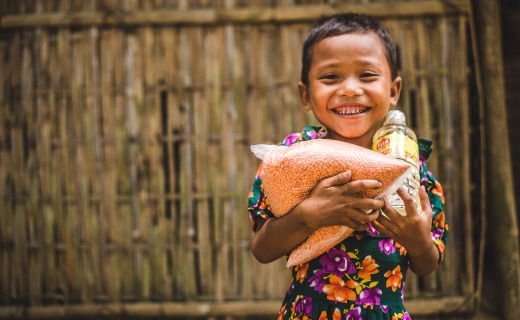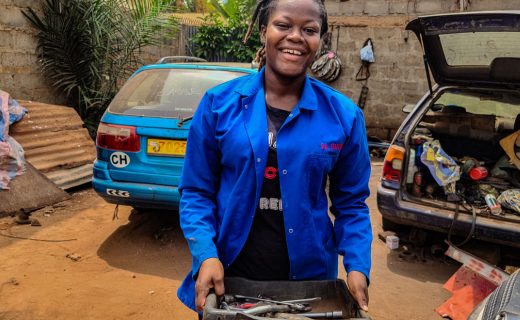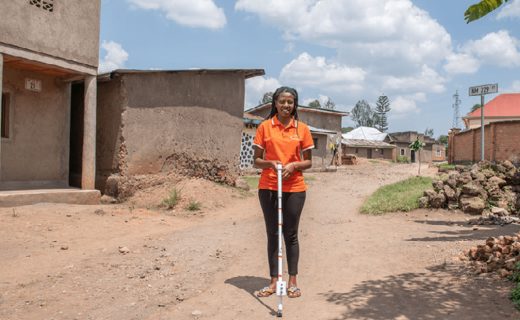Togo
Capital City: Lomé
Population: 8 million
Life expectancy: Male: 63.1 years, Female: 68.6 years
Population with improved drinking water: Urban: 91.4%, Rural: 44.2%
Population with improved sanitation: 11.6%
Percentage of children under the age of 5 underweight: 16.1%
Literacy Rate: Male: 77.3%, Female: 51.2%
Child Labour: 27%
Religion: Christian 43.7%, folk 35.6%, Muslim 14%, Hindu <.1%, Buddhist <.1%, Jewish <.1%, other .5%, none 6.2% (2010)
Percentage living below the poverty line: 55.1%
A little bit of history
French Togoland was granted independence in 1960 and become Togo, as we know it today. However, years of unrest followed under the heavy hand of the military dictatorship of General Gnassingbe Eyadema. It was only in 2007 that the country had its first relatively free and fair elections.
How Togo makes a living
This small, sub-Saharan economy depends heavily on agriculture. Cocoa, coffee and cotton generate about 40% of export earnings with cotton being the most important cash crop. Many Togolese are also subsistence farmers and exist on a day-to-day basis.
In an effort to expand and stabilise their economy, Togo has been working to make reforms with the help of the World Bank and the IMF. Together they have been encouraging foreign investment, and assessing how best to make use of their phosphate reserves.
Challenges faced by children
After years of mismanagement and underinvestment, the majority of children in Togo are desperately poor. Without decent healthcare, under-5 mortality rates are 40 per 1,000 live births. Even those children who manage to survive those early years face countless obstacles including disease, malnutrition and limited access to medical care and education.
Less than five per cent of children who attend primary school in Togo continue on to secondary school. Many families simply can’t afford the school resources and for others the need to send their children to work is too great. As a result, many children are denied the freedom of childhood, and a quarter of children are married before they are 18.
Compassion in Togo
Compassion’s work in Togo began in 2009. Now, more than 298 local churches are reaching out to more than 68,116 children through partnership with Compassion.
What sponsored children learn in togo
Project days in Togo are generally held on Saturdays. During a typical project day, sponsored children will learn topics such as …
9.00am Prayer and devotion time.
9.30am Spiritual lessons. Children sing songs and learn Bible stories.
10.30am Break time. Children can play in a safe environment and develop friendships.
11.00am Social lessons. From conflict resolution to developing healthy self-esteem and a Godly character, children who often come from challenging home environments are taught social and personal skills.
12.00pm Lunch and social time. Generally children in Togo are given breakfast and a meal each day they come to the project. There are some critical situations where some children from extremely poor families are given more food to take home. A typical meal consists of rice or pasta with fish or meat.
13.00pm Health lessons. Children are taught practical health and hygiene tips. Example topics include how to prevent malaria, HIV, and the prevention, recognition and response to child abuse.
14.00pm Letter writing and career planning. Older children work with project staff to identify their strengths and interests, setting realistic goals for their future.
Projects in Togo also offer a variety of extracurricular activities including musical instrument playing, choreography, choir, artwork, football and puzzles. Parents and caregivers are offered parenting classes.





